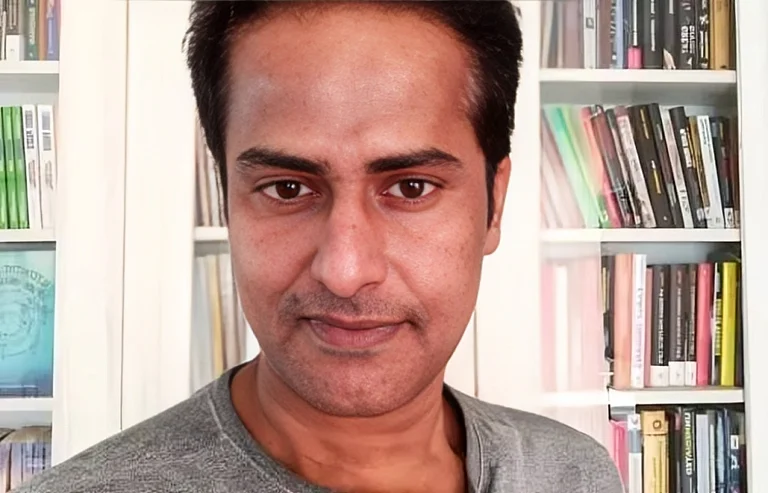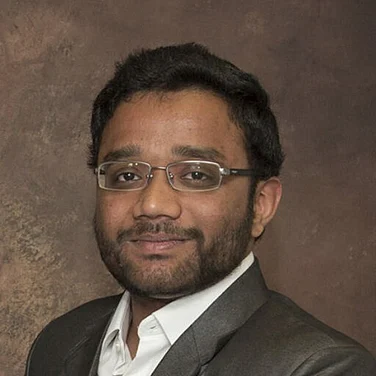In the race to expand into space, few pause to consider the long-term consequences of orbital debris. One Indian-origin scientist, however, has made it his life’s mission to address this challenge. Dr. Abhiram Nair, founder and CEO of ERETS, is leading the world’s first company dedicated to mitigating space debris with laser-based technology, while also weaving his philosophy of sustainability into his upcoming book, Deciphering the Language of Being.
We spoke with Dr. Nair about his vision, his company’s groundbreaking work, and the philosophy driving it all.
Q1: Dr. Nair, what sparked your mission to tackle space debris?
A: Space exploration is advancing at an incredible pace, but the issue of orbital debris is often overlooked. For me, preserving the cosmos is as important as exploring it. I wanted to build a company that not only looked at the future of space but ensured that future was sustainable. That’s how ERETS was born.
Q2: What makes ERETS unique in this global race?
A: ERETS is building a cohesive ecosystem, from AI-powered debris cataloguing to satellites capable of active debris detection. Our approach isn’t piecemeal; it’s end-to-end. We’re preparing for a satellite launch in 2026 and will soon roll out a cloud-based API for space situational awareness. This will be a game-changer for space traffic management.
Q3: How has ERETS grown since its inception?
A: We started as a bootstrapped R&D project just two years ago. we’re headquartered in the UK, incubated at the University of Surrey, and recently valued at USD 15 million. Our collaborations span IIT Indore in India for payload development and launch.
Industrial partnerships with RMIT and Swinburne Universities in Australia for AI and optics. Industry collaborations , like with Bright Ascension and armstrong , show how far we’ve come in such a short time.
Q4: Your academic journey is equally remarkable. How has it shaped your leadership?
A: My studies have always mirrored my passion for knowledge. I pursued aerospace engineering at the University of Manchester, earned a PhD in Engineering Sustainability, multiple master’s degrees in space engineering, and an MBA in international business. Each step added a layer of understanding, not just in technology, but in how to lead ethically and globally.
Q5: You’ve also delivered a TEDx talk, Silent Echoes of Space Debris. How important is public awareness to your mission?
A: Awareness is vital. Space debris is invisible to most people, yet it threatens the sustainability of exploration. Through platforms like TEDx, I wanted to bring this invisible problem into public consciousness. Once people understand the urgency, support for solutions grows.
Q6: Shifting from space to self — tell us about your debut book.
A: Deciphering the Language of Being reflects my belief that sustainability must begin within. The book weaves together mindfulness, resilience, and spirituality, inspired by my own transformation journey. Just as we must declutter space to sustain exploration, we must declutter our minds to sustain purpose.
Q7: What core message do you want readers to take away?
A: That innovation without ethics is just ego. True sustainability begins with the mind. Whether it’s space or self, we carry the responsibility to preserve and protect what we are entrusted with.
Conclusion
Through ERETS, Dr. Abhiram Nair is pioneering solutions to preserve the cosmos. Through his book, Deciphering the Language of Being, he is encouraging individuals to preserve their inner universe. Together, they embody a vision that transcends technology, reminding us that sustainability is as much about the mind as it is about the stars above.






















